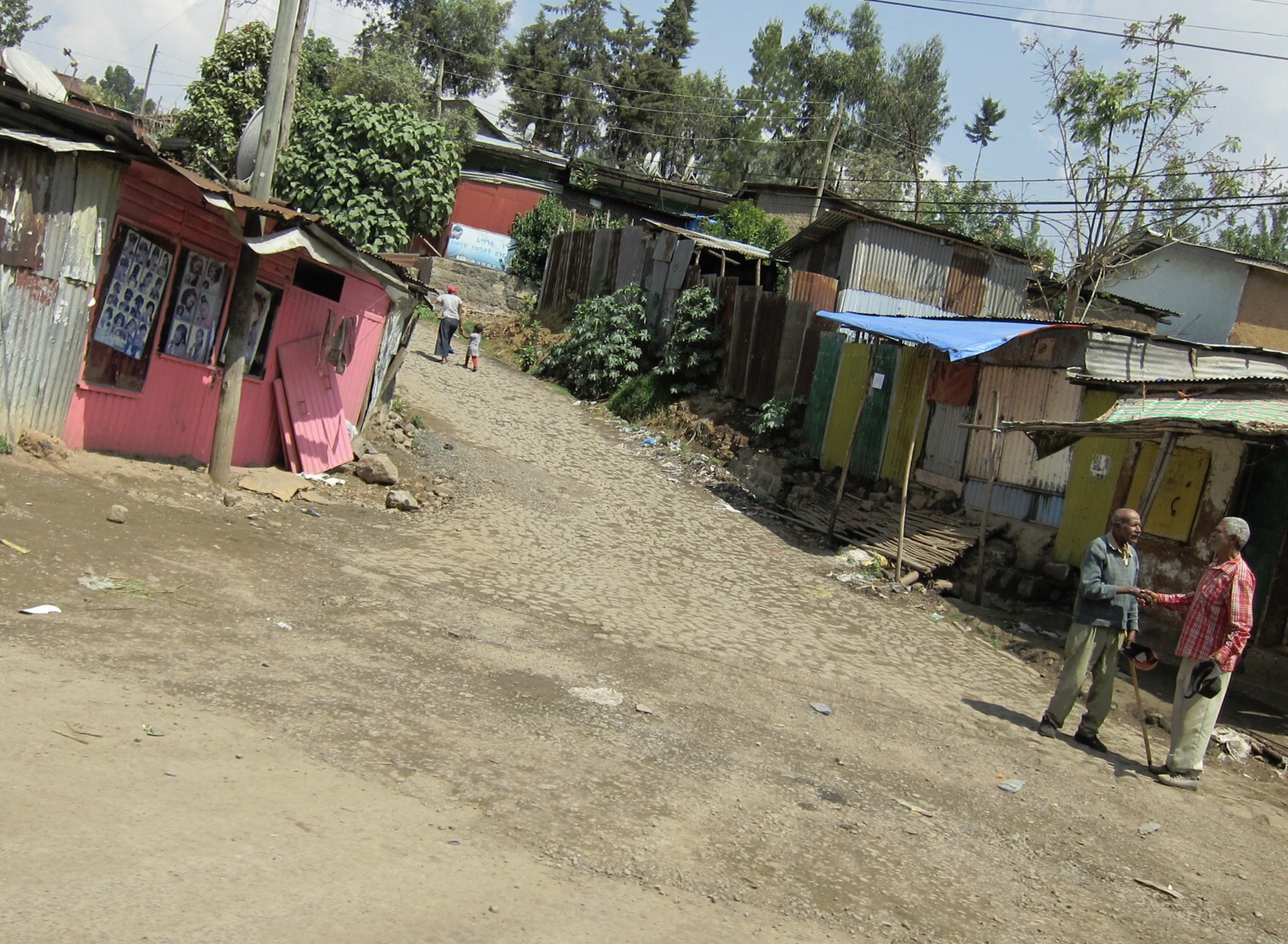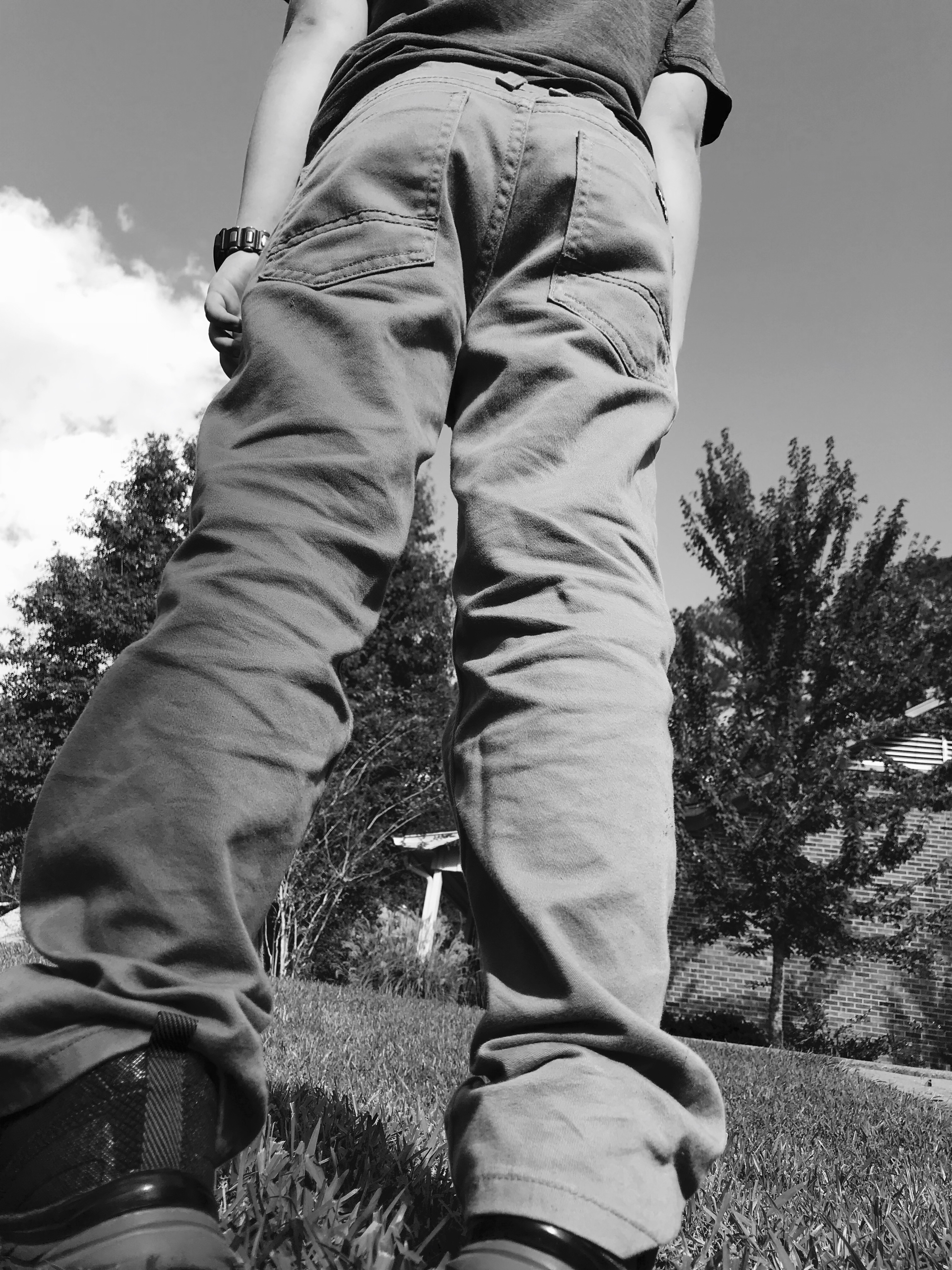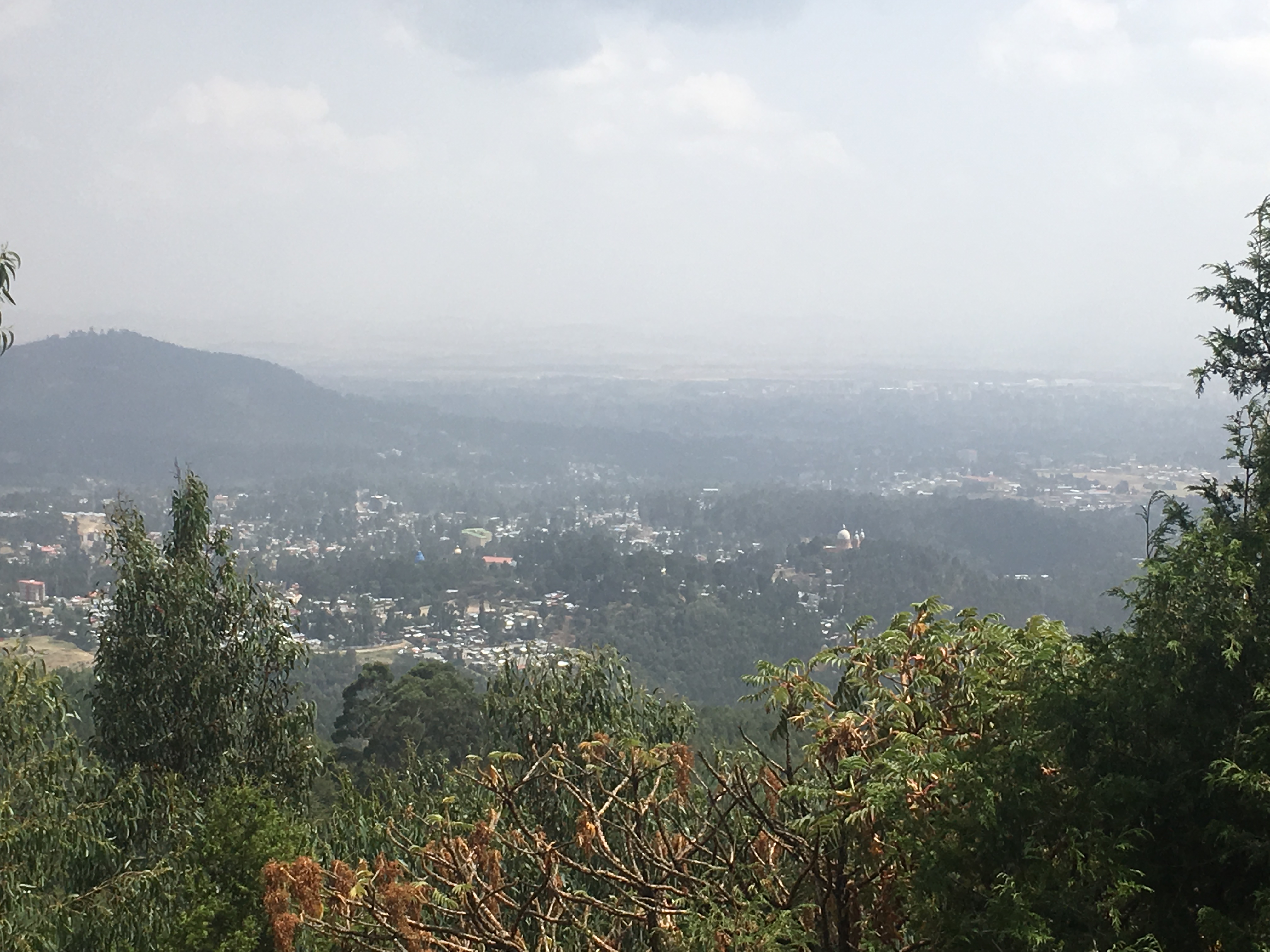Alcohol and Gluttony
I have a dark history with legalism. I would argue that most people genuinely committed to the church of God have encountered legalism. To be clear, when I state this, I am not encouraging you to walk around breaking rules or disobeying God. Following God is a joy. Doing what he asks is good.
But legalism can strip the beauty from the gospel, and life from the church. Most people know that breaking rules can lead down a dangerous path, but few understand the perils of keeping them.
Imposed on us in great numbers, they can become soul crushing. Followed meticulously, they can become paths to self-righteousness.
This series is my attempt to grow love towards legalists, recovering legalists, or people who see the legalism in their own environments and want to think through how to navigate it well.
I may end up exposing a legalistic blind spot you have not considered. You may not agree with me. You also may feel the need to go talk to your pastor about how we need to be free from legalism in a certain area. I want to ask you to refrain from that. As we enter this series, consider how difficult it is for a pastor to deal with all the different sinners in your congregation, at various degrees of strengths and weaknesses. Take that knowledge and use it to refrain before you jump to tell anyone how they are a legalist or what they should do about it. In fact, that mentality would be against the purposes of this blog.
This can be dangerous territory in the church, because every tradition has areas they believe their rules are ordered or sanctioned by God. How do we deal with legalism? What rules are added? What rules are extra? Am I even going to be able to provide you with concrete answers to that based on your religious background?
The ten commandments summarize the essence of the law of God. These are the commands that teach us what loving God and others looks like.
As we begin this series, my desire for you is to listen, think, question, and then consider what you will or will not embrace as being of God. We also consider that the moral law of God includes honoring parents. Which means, as young people mature in their faith, they still honor their parent’s faith and belief.
I do not confess to be the perfect one to tell you. I do not confess to have it all correct. But I do come from a place of deep theological reading and a variety of backgrounds which have led me directly to the place of holding up so many things that have been taught or are being taught so that I can question, and honestly try to follow God away from extra rules, or any belief that following rules makes someone better than those who do not follow or have not followed those rules.
At a Bible Study the other night, I had a conversation with a lady who gave me an idea. She encouraged me to take each areas of imposed legalism that I have encountered and one by one intentionally cross those lines that man has drawn that God has not.
Recognizing my own sinful heart and tendencies, I am treading this ground lightly, because I do not desire to fly in the face of God or overcorrect errors by running in the opposite direction. Children often over-correct for the sins of their parents. We tend to fall into categories of following our parent’s mistakes or running in the opposite direction. My desire is not to run towards destruction, but to carefully walk towards deeper freedom in Christ.
The heart of obeying or breaking a rule should be love
Rather than starting with some of the more difficult issues, why not start with drinking? Is drinking alcohol a sin? Some people believe it is wrong to drink. They look at passages about drunkenness and create the largest boundary. This giant boundary must make us holier, right? No one could possibly suspect that I am a drunkard because they have never spotted me with a drink.
Yet, often the unhealthiest form of alcoholism is said to be getting drunk alone.
If we do not drink with someone, let it be because we understand their weakness and choose not to lead them to stumble, not because of our legalism. If we drink with someone, let it be in a manner that is honoring to the Lord.
This is one classic example of Christian thought where love can show us the right action among different people. It may be the right thing for a person who has a family history of alcoholism and has recognized that flaw in himself to abstain entirely from alcohol. It also might be the right thing for friends of this person, in love, to find other activities to enjoy with the man and create a wide boundary around him. It could also be that they should limit his drink intake when going out. Legalism says, “This is the right answer.” Love says, “This is what we need to address and work through.”
In practice, one man may be able to listen and limit himself when you go out and drink. However, would you know if he began to drink privately to excess? Would you know if he is prone to take a sip and then get caught up in something that he does not know how to stop?
People who deal with such sin struggles must be honest with themselves. Without self-honesty and a desire to overcome, no one will be able to help with imposed legalistic rules. Personally, I believe AA groups have been so successful because they require people to meet and be honest about their struggles and where they are in the journey. They are committed to overcoming a problem.
Moving on to the socially acceptable sin of gluttony, which no one wants to talk about, people often find help in groups like weight watchers. Yet, unlike AA, these groups end, and people tend to regain the weight. Rather than continuing in fellowship with one another, they discontinue and try to resume habits on their own.
On the other side of things, some people who are overweight are not gluttons. If we assume everyone who looks as if they need to drop a few pounds is sinning terribly, we might be a legalist. We must account for thyroid issues and medical conditions. Perhaps the person you are talking to lost ninety pounds last year and has been living close to the Lord. Maybe this was a stronghold in their life, but they have so far to go in a weight and health battle that you do not really know their heart unless you are in their life closely.
Do Christians want to separate these things out, and secularize them? Do we have to deny the help and support that a secular group can offer someone in their battle against sin? I think the biblical principle remains no matter which group helps us in our sin battles. These groups encourage a Christian to humble themselves, recognize the truth of where they are, and seek help from others in their growth. These are biblical concepts.
Nonetheless, we can also lack Christian love in the way that we approach people who have strongholds. We must be honest with ourselves about where we are and making the necessary decisions and life choices to deal with our sin.
The closer relationship we have with another individual, and the better we know their sin struggles, the more we become accountable to speak into them. But the Bible expresses that this always must be done with humility, looking to ourselves first. If you want to, or need to, help someone with their sin I encourage you to first ask yourself the most encouraging and rewarding way that someone approached you to deal with a sin issue. My guess is, that they did so with grace and humility.
If you are not able to do approach with grace and humility, it probably is not the right time to approach someone. If necessary, you might need to ask others to approach on your behalf. Godly leaders will see why this is sometimes necessary and will not allow you to hurt one another in conversation.
Honestly, I believe in walking a long time with someone before ever mentioning a sin struggle they might have, unless it is so pressing that it must be dealt with right away. You would be surprised that when you safely share your own struggles, people often begin to share theirs with you. This opens conversation to talk to that person about their sin in honesty and humility. This often leads to good fruit but is not always the case.
When we speak of loving people and overcoming legalism—one main principle should be held onto firmly in how we begin:
How God loves us.
God loves us while we are sinners.
He pays for our sins.
He accepts us as part of his family.
Then he sanctifies us.
God lets us know that he fully loves and accepts us as we are, and that because we are a part of his family, we are not going to stay where we are.
He grows us.
How?
Through his word.
Through eating well, and resting well, and being loved well we gradually grow into something beautiful that resembles Jesus more each day.
It is in this type of environment of gospel acceptance and love, a grace-filled atmosphere, that we begin to feel safe. And as we feel safe and loved as we are, we also feel permission to acknowledge what we are not. We can look honestly at the sin that remains in our hearts and lives and take it to Jesus each day to receive his righteousness in our place. To be made new.
Transformed.
My heart’s desire in writing this, is that you would feel the love of God deeply in your life. That you would gradually feel so loved that you can look at yourself and see what you look like. And bit by bit that God would make you more beautiful.
Rabbit Trail: Am I allowed to use the word “alcoholism” in my blog—or is that a “worldly” substitute that has no business being here? (answer: some legalists would say that I may not use this word in a biblical post. I must not change the biblical word drunkenness to the worldly term alcoholism. Just disregard the fact that the entire Bible was written in Greek, Hebrew, and Aramaic and must be translated into modern terminology.



 I don’t know about you, but some days (every day) I need to grab a breath of fresh air and gain some perspective. Some days facing the world, political drama, rubbing against the lives of those nearby and hearing the unkind words of those far away jumbles together into a giant mess that can be a bit disheartening.
I don’t know about you, but some days (every day) I need to grab a breath of fresh air and gain some perspective. Some days facing the world, political drama, rubbing against the lives of those nearby and hearing the unkind words of those far away jumbles together into a giant mess that can be a bit disheartening.